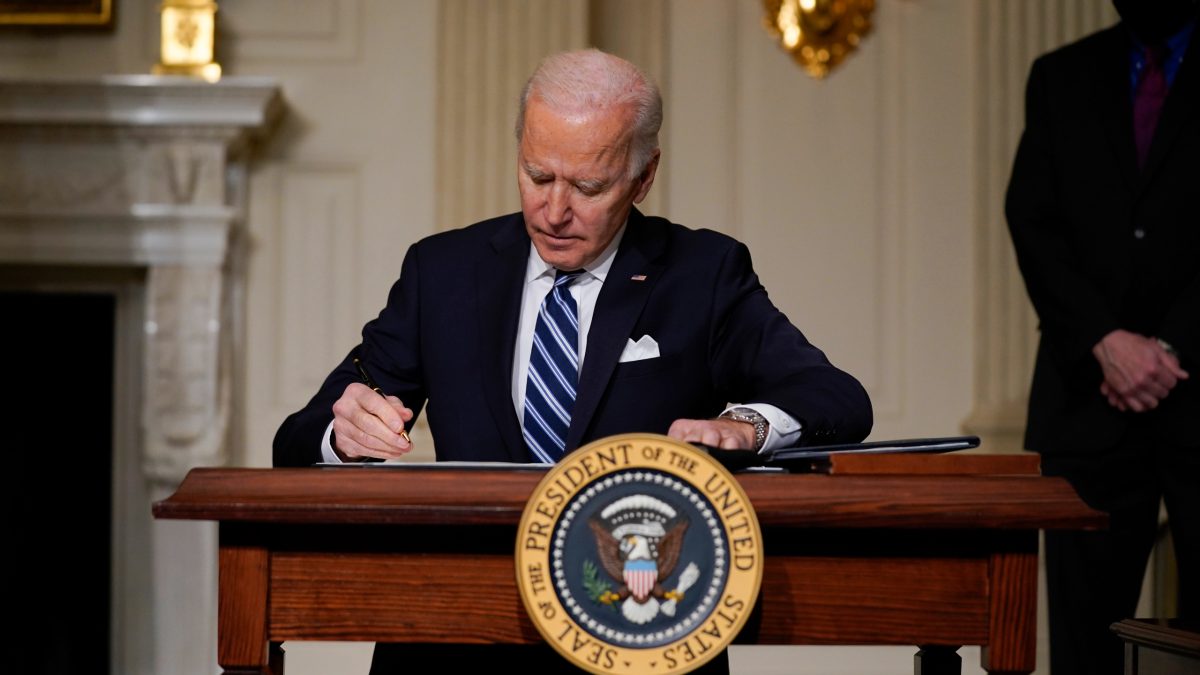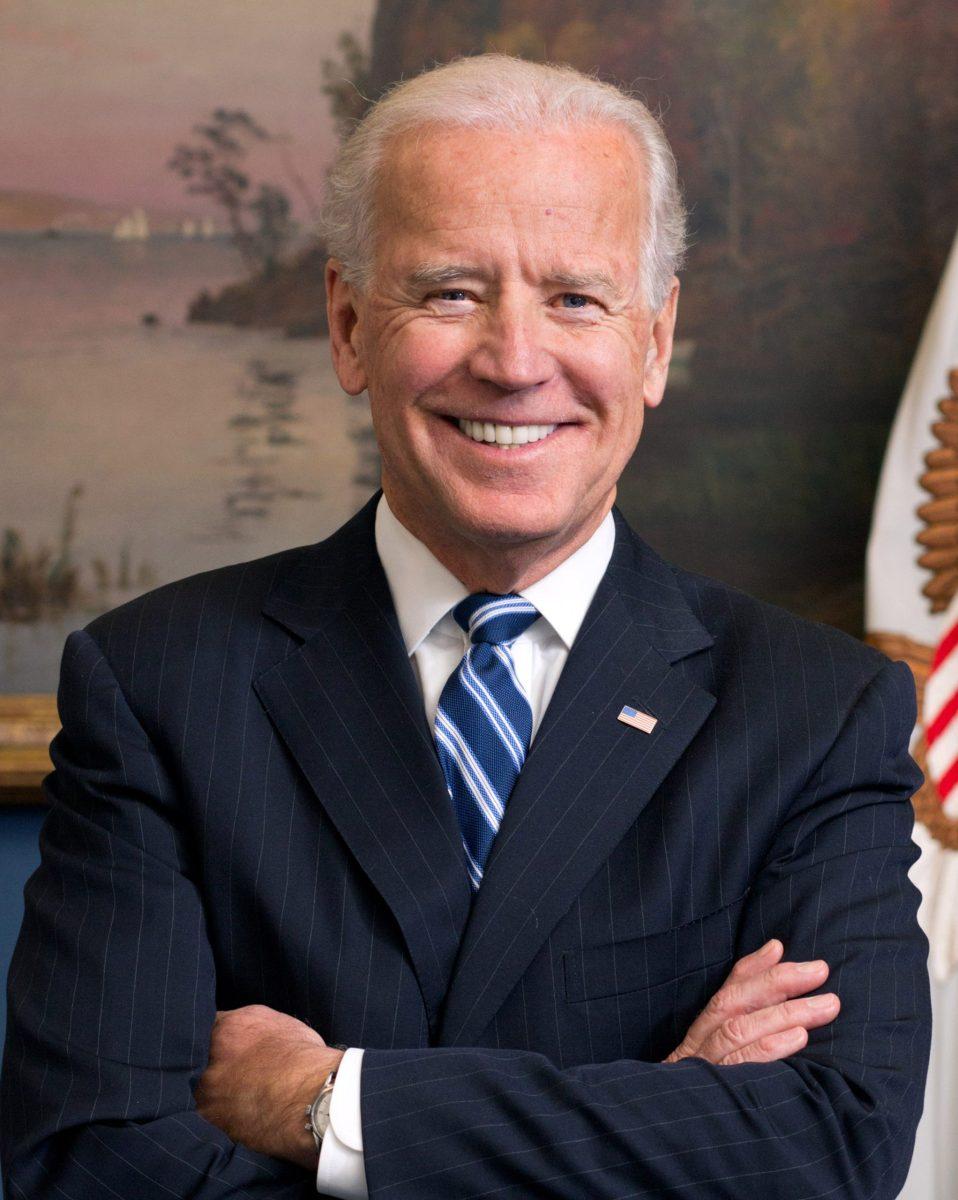On Oct. 26, Judge Amy Coney Barrett, one of the most controversial nominees in U.S. history, was confirmed to the Supreme Court by the Senate largely along party lines. Her elevation to the seat was seen as a victory for conservatives: according to Fivethirtyeight, an online poll analytics site, Barrett was one of the most conservative judges on the 7th circuit court, and her elevation likely cements a right-wing majority on the court for decades. There are several important cases coming to the high court’s docket that will test how Barrett and other justices will judge on various issues.
One of the first cases that the new Justice Barrett will hear is Fulton v. City of Philadelphia, which presents conflicting views on religious liberties and non-discrimination protections on the basis of sexuality and gender identity. This battle is important in light of Barrett’s support and speaker roles for anti-LGBTQ groups and past writings against the historic Obergefell case. In this case, the city of Philadelphia decided to stop giving taxpayer funding to the Catholic Social Services when it was revealed that the agency had a policy against letting same-sex couples adopt from foster care. The American Civil Liberties Union is arguing that a decision in favor of the adoption agency would turn away many qualified parents and leave many children stuck in the system, while the agency and several foster parents are arguing that the right to religious freedom is under threat from the city.
Another high-profile legal battle is California vs. Texas, which is going to be heard one week after election day. This case is the third attempted challenge to the Affordable Care Act (ACA), and it took a central role at the confirmation hearings as Barrett previously criticized the majority opinion to keep the healthcare law in her legal writings. Unlike previous times; however, the individual mandate portion has since been repealed in the Trump tax cuts, so the plaintiffs are arguing on the issue of severability, which is whether the court’s striking down of one provision in the law means the whole law should be completely dismantled.
On Nov. 30, the Court will hear New York v. Trump, which is about whether undocumented immigrants should be included in the decennial census count. After the attempt to include a citizenship question, the Trump administration sought to exclude undocumented immigrants from the census count entirely on the basis that they technically are not legal residents, which would result in large states like New York, California and even Texas losing congressional seats. The Constitution, though, states that all people living in the states should be counted, and a lower court with both Democratic and Republican-appointed judges unanimously ruled that undocumented people must be included in the census as they have been inhabitants in the U.S. for months or even years.
Additionally, another potential upcoming case that could have significant ramifications for access to abortion in America, an issue on which Amy Coney Barrett has expressed strong views. The Mississippi attorney general Lyn Fitch petitioned the Supreme Court to hear a case for a state law struck down last year that banned abortions after 15 weeks into the pregnancy. The only abortion provider in the state, Jackson Women’s Health Organization, and the Center for Reproductive rights argue that the law places an “undue burden” for those seeking abortions pre-viability, which is a central tenet of the Roe v. Wade ruling from 1973. On the other hand, Fitch is looking for the Supreme Court to clarify how lower courts should interpret its precedent on the matter.
With multiple upcoming high-profile cases may have lasting effects on civil rights, abortion rights, representation and likely, issues on the presidential election, it may not be long to get a sense of how the Supreme Court will rule with a decisive conservative majority.

































